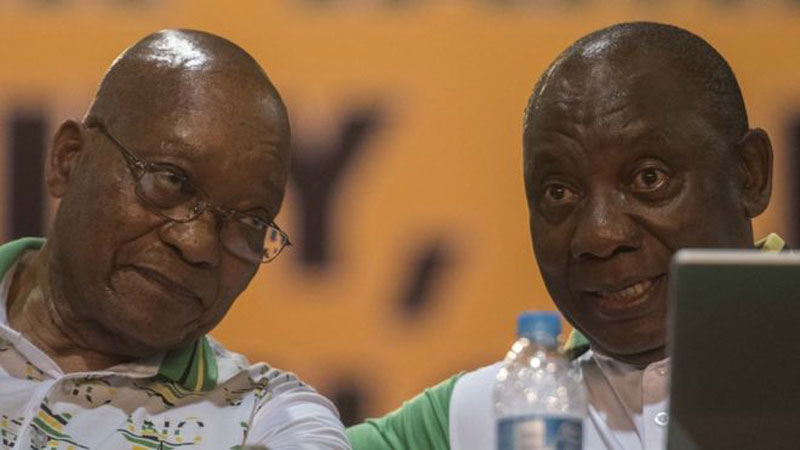×
The Standard e-Paper
Kenya’s Boldest Voice

Jacob Zuma has not had an easy retirement.
In the five months since he stood, glumly, before the cameras to concede that he had lost the battle to cling onto South Africa's presidency, he has been forced to endure multiple humiliations.